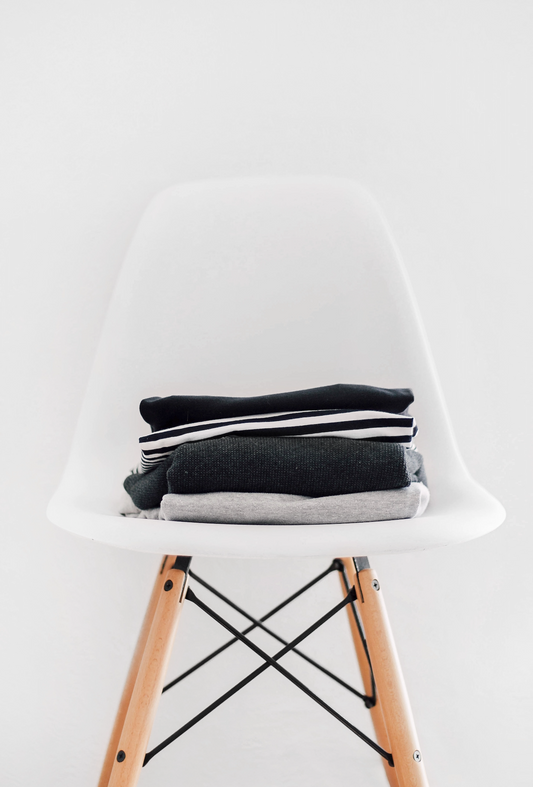We’ve all been to gatherings where the foodware of choice consisted of single-use, disposable paper, plastics, or styrofoam. By the end of the night, there would be multiple trash cans full of garbage ready to be collected by the municipal haulers. What if there was a way to significantly reduce the trash at the end of a family dinner, small gathering, or celebration?🍃
Luckily for us, there are plenty of ways we can reduce our waste, starting from learning about our waste landscape at home to consciously choosing sustainable alternatives to the convenient, single-use “go-to’s”.
Opt for reusable items
While it might be convenient to break out the disposable plates, utensils, and napkins when you don’t feel like cleaning or when you have guests over, these items can be unsustainably produced, end up polluting our environment, and can even end up back in our food! If you only have enough reusable foodware for the members of your household, it’s surprisingly easy to find them in thrift stores and secondhand shops for a significantly discounted price.
Choose sustainable food and drinks
Every gathering has food and drinks for the family or guests to enjoy, and there are ways to make this aspect of hosting more sustainable! Here are some ideas:
- If you choose to go the catering route, do a little bit of research. Are menu items locally-sourced and seasonal? How do they store and transport the catered foods? Do they use reusable containers over disposable ones?
- If you want to keep your treats in-house, you can try out brands like Renewal Mill which upcycles food ingredients for baking mixes you can make at home.
- If you want eco-friendly convenience, try Toast Ale for beers brewed with surplus bread or White Moustache for a variety of delicious yogurt products that use whey byproducts as a key ingredient--so delicious!
Try zero waste decorating
Take a look around your home and neighborhood. Are there items in certain rooms that could be repurposed as centerpieces or used as decor for a special occasion? In the fall, take a walk outdoors and pick up some fallen twigs and pinecones and use them for decorations! If you have children in your home (or want to embrace your inner child), try your hand at making some do-it-yourself crafts using items around your home like paper towel rolls or dried fruit!
Set aside organic waste for composting
When food scraps and other organic waste end up in our landfills, they contribute to climate change through the production of a greenhouse gas called methane. However, if we diverted our organic waste to be composted, we could see many benefits, ranging from reducing what is sent to landfills or incinerators, revitalizing soil and preventing erosion, and combating global warming. If you live in NYC you can find a local drop-off site for organics here, or if you live somewhere else in the US or world, you can try ShareWaste or MakeSoil. To separate your organics from the rest of your trash and recyclables, you can use Commit to Green BPI-certified compostable liners and easily keep them organized until it’s time to drop them off for curbside pick-up or to a local site*.
*Always make sure that your pick-up service and/or drop-off site accepts compostable materials before you drop off your organics!

Minimize waste when cleaning
When it’s time to clean up, you might think about all the different cleaners that you will have to use for every room of the house, and all the supplies that will be required. Luckily there are companies that are helping households reduce their environmental footprints with eco-friendly alternatives to traditional cleaning supplies.
- Reimagined cleaning products: Companies like Blueland are coming up with solutions to excessive packaging in our cleaning solutions and tackling plastic pollution through their products. Blueland’s co-founder believes we shouldn’t have to sacrifice a clean home for a clean planet and offers staple cleaning products sans unnecessary packaging.
- Friendly to the trees: Good for the planet and good for our bums, Who Gives a Crap is helping customers make more environmentally-friendly choices in the home. They sell toilet paper, facial tissues, and paper towels made from bamboo and 100% recycled paper, and the best part about their business model is that they donate 50% of profits to help build toilets and improve sanitation around the globe!
Have you tried any of these eco-friendly hacks to make your home more green?







